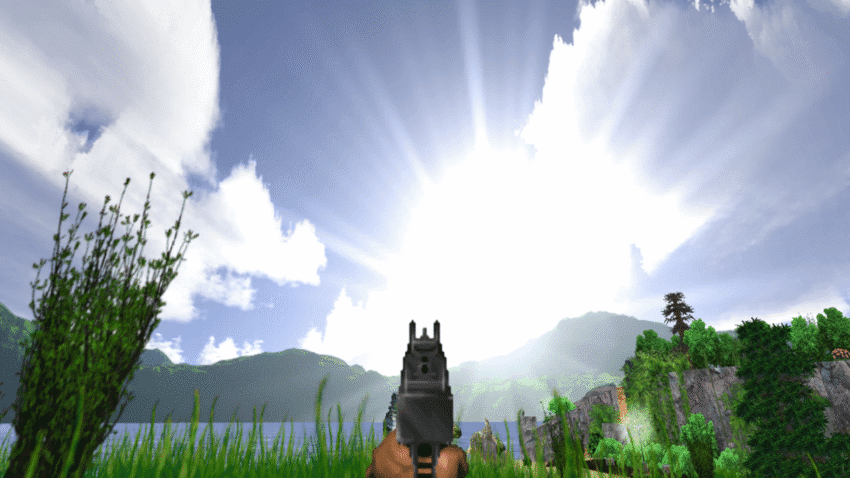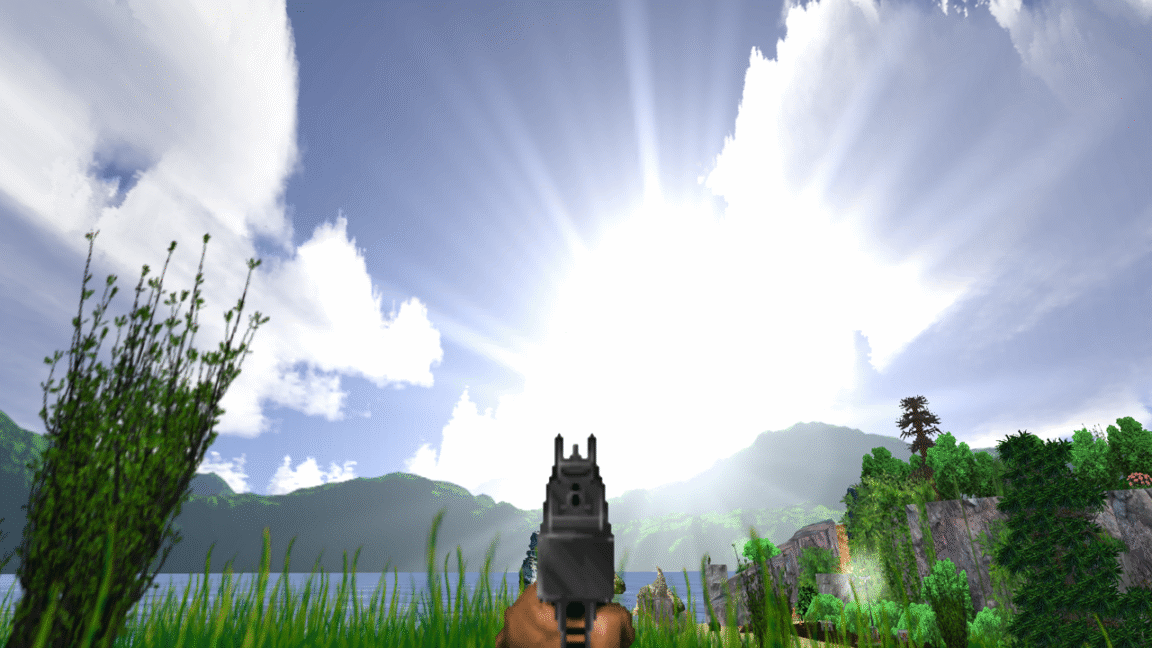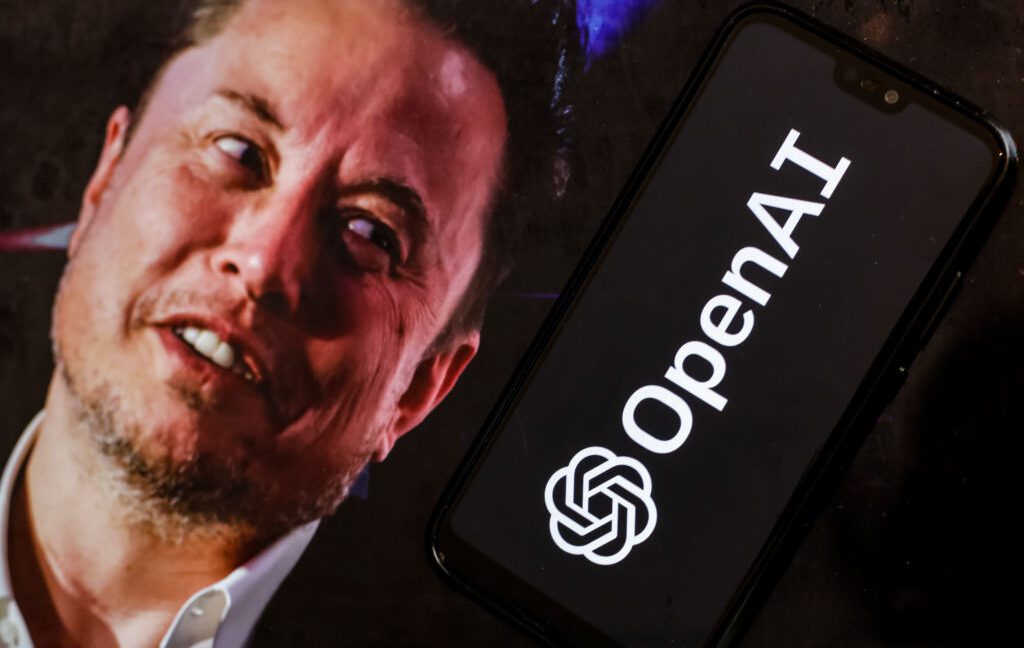
open source gzdoom community splinters after creator The GZDoom community is experiencing a significant split following the controversial integration of AI-generated code by its creator.
open source gzdoom community splinters after creator
Background on GZDoom and Its Community
GZDoom is an open-source port of the classic first-person shooter Doom, which has been a cornerstone of gaming culture since its original release in 1993. The project can trace its roots back to ZDoom, a source port launched in 1998 that introduced modern graphics rendering, enhanced gameplay mechanics, and extensive modding capabilities. These advancements have allowed fans to create a plethora of gameplay modifications, known as mods, WAD files, and even entirely new games based on the original Doom engine.
The GZDoom project has thrived due to its active community of developers and enthusiasts who contribute to its ongoing evolution. This community has fostered a collaborative environment where ideas are shared, and innovations are implemented, ensuring that GZDoom remains relevant in the ever-changing landscape of gaming technology.
The Controversy Over AI-Generated Code
Recently, however, tensions within the GZDoom community have escalated. The catalyst for this unrest was the decision by Cristoph Oelckers, known in the community as Graf Zahl, to incorporate untested AI-generated code into the GZDoom codebase. This decision has raised eyebrows and sparked heated debates among developers and users alike.
Oelckers’ rationale for using AI-generated code stems from the increasing capabilities of artificial intelligence in software development. AI tools, such as ChatGPT, have gained popularity for their ability to generate code snippets, automate repetitive tasks, and even assist in debugging. However, the introduction of AI-generated code into a project that has thrived on community collaboration and transparency has been met with skepticism.
Community Response
The response from the GZDoom community has been swift and decisive. A significant faction of developers has rallied to create a new fork of the project called UZDoom. This fork aims to provide an alternative development path that emphasizes transparency and collaboration, diverging from the current leadership style of Oelckers.
Nash Muhandes, a prominent developer in the community, articulated the motivations behind this split in a post on the DoomWorld forums. “Due to some disagreements—some recent; some tolerated for close to 2 decades—with how collaboration should work, we’ve decided that the best course of action was to fork the project,” he stated. “I don’t want to see the GZDoom legacy die, as do most all of us, hence why I think the best thing to do is to continue development through a fork, while introducing a different development model that highly favors transparent collaboration between multiple people.”
The Implications of the Split
The emergence of UZDoom represents more than just a technical fork; it signifies a fundamental shift in how the community perceives collaboration and leadership within open-source projects. The decision to create a new fork highlights the growing concerns over the role of AI in software development, particularly in environments that rely heavily on community input and peer review.
One of the primary implications of this split is the potential for fragmentation within the community. With two separate projects now vying for attention and contributions, developers and users may find themselves torn between GZDoom and UZDoom. This division could lead to a dilution of resources, as developers may choose to contribute to one project over the other, impacting the overall quality and innovation of both forks.
Long-Term Effects on Open Source Development
The GZDoom situation raises broader questions about the future of open-source development in the age of AI. As AI tools become more integrated into the development process, the balance between human oversight and automated assistance will need to be carefully managed. The GZDoom community’s response to Oelckers’ decision serves as a cautionary tale for other open-source projects contemplating similar paths.
Furthermore, the split could influence how other open-source communities approach collaboration and governance. The emphasis on transparency and collective decision-making in UZDoom may resonate with developers who prioritize community engagement over centralized control. This shift could inspire other projects to reevaluate their leadership structures and development practices in light of the GZDoom controversy.
Stakeholder Reactions
The reactions from various stakeholders within the GZDoom community have been mixed. While many developers have rallied behind the UZDoom fork, others remain loyal to Oelckers and the original GZDoom project. This division has sparked intense discussions on forums and social media, with opinions ranging from support for the new direction to staunch defense of the existing leadership.
Some community members have expressed concerns that the introduction of AI-generated code could compromise the integrity of the GZDoom project. They argue that untested code, especially from AI sources, could introduce bugs or vulnerabilities that may not be easily identifiable without thorough human review. This sentiment echoes a broader concern within the tech industry regarding the reliability of AI-generated content.
On the other hand, proponents of Oelckers’ approach argue that leveraging AI can enhance productivity and accelerate development timelines. They believe that with proper oversight, AI-generated code can be a valuable tool in the developer’s arsenal. This perspective reflects a growing acceptance of AI’s role in modern software development, albeit with cautionary notes about its limitations.
Conclusion: A Fork in the Road
The split within the GZDoom community serves as a microcosm of the broader challenges facing open-source projects in the age of AI. As developers navigate the complexities of integrating new technologies, the importance of collaboration, transparency, and community engagement will remain paramount. The emergence of UZDoom as a response to the GZDoom leadership’s decisions underscores the need for open-source communities to adapt and evolve in the face of technological advancements.
As the situation unfolds, it will be crucial for both GZDoom and UZDoom to find their respective paths forward. The choices made by their developers will not only shape the future of these projects but may also set precedents for how other open-source communities approach the integration of AI and the governance of collaborative efforts.
Source: Original report
Was this helpful?
Last Modified: October 17, 2025 at 5:37 am
8 views















